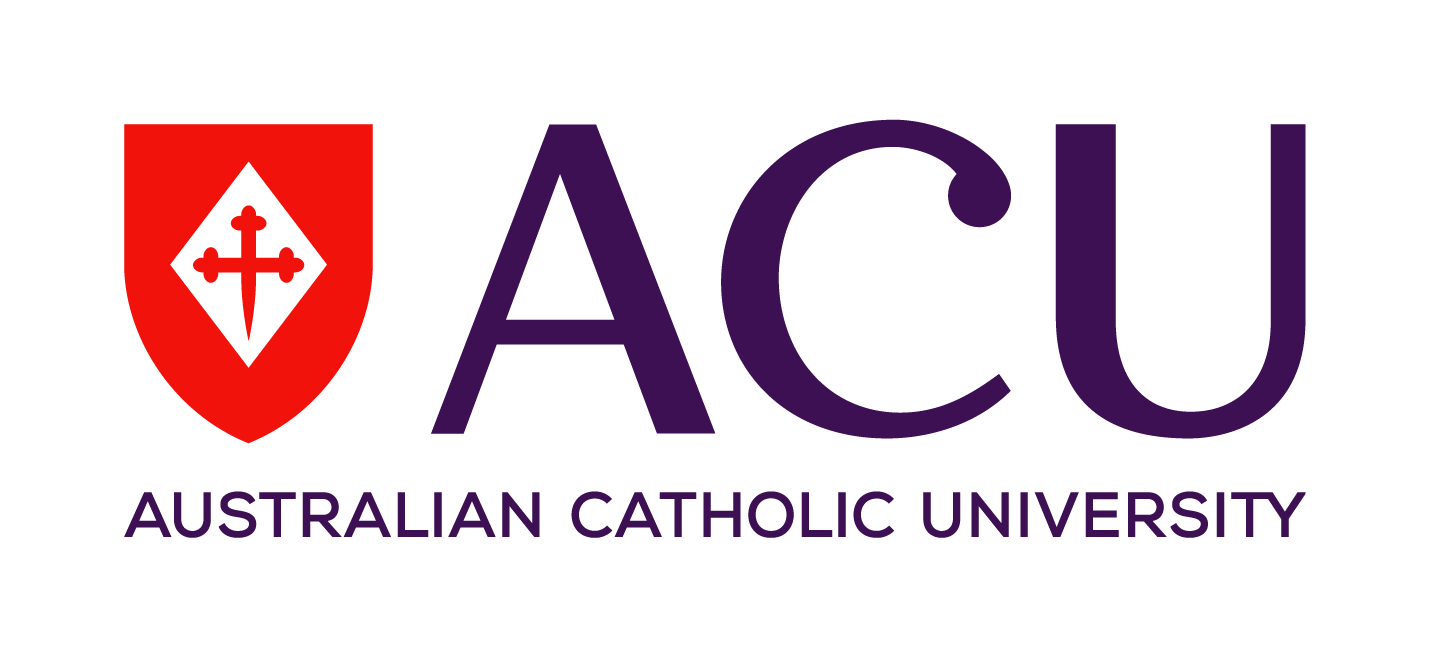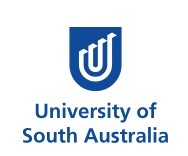
Bachelor of Finance (Pathway to Master of Professional Accounting)


Entry requirements
3 YEAR(S) FULL-TIME
NO
AUD$ 36,100 PER ANNUM
FEBRUARY JULY
Overview
English language entry requirements
> In addition, international students who speak English as a foreign language must have obtained one of the following standards within the last two years prior to admission. Possession of one or more of these qualifications, in addition to the academic entry requirements, does not, in itself, guarantee a place at the University of South Australia. Applications are considered on an individual basis and selection is competitive. Where previous study/work experience was conducted in English, the application must be accompanied by certified documentation from the educational institution/employer certifying that the language of instruction/ employment was English.
> English language test
> IELTS total [6.0]
> IELTS reading [6.0]
> IELTS writing [6.0]
> Admission Requirement-2.61
Inquire Now
Degree overview
- Complete a business undergraduate and postgraduate accounting degree in just four years through our Fast-track to Masters program.
- Graduate with a highly diverse skill-set and broader career opportunities.
- Gain real-world experience through an industry internship, a mentorship opportunity or an overseas study tour.
- Both on campus and mixed mode study options are available, providing you with flexibility throughout your studies.
- Gain the knowledge and confidence to succeed in the fast-paced financial sector with South Australia's most established finance degree.
- Develop career-ready skills employers are looking for once you graduate, with enterprise skills embedded in all business courses.
- Learn in our state-of-the-art Iress Trading Room on campus, which includes a market data feed and financial analysis tools – the same technology used by the world's leading banks and investment firms.
- Focus on on making decisions about money (finance), including borrowing, lending, investing, and managing risk.
- One of only five Australian universities to offer professional CPA elective courses within an accounting degree.
- Develop crucial analytical, business management, problem-solving, teamwork and communication skills.
- Focus on key areas such as accounting, tax, law, auditing, financial management and public practice.
- Study at a university recognised globally in Business. UniSA Business is in the top one per cent worldwide and has been awarded an overall five stars for excellence1.
- Study a curriculum informed by world-class research in Finance2.
- UniSA Business is accredited by both AACSB International and EFMD (EQUIS) – the world’s leading accreditation bodies.
- Study at a Top 5 business school in Australia for quality3.
Career outcomes
Your career
- As the No.1 university in South Australia for graduate careers in Business and Management1, our quality teaching and experiences beyond the classroom will ensure you graduate career-ready.
- You could consider careers such as:
- Trader: executing trades (stocks, bonds, derivatives) at a trading desk of an investment fund for their funds or institutional clients
- Equity/research analyst: studying and analysing financial information and trends for clients; advising on share buying; reviews stocks, bonds and other financial instruments for reporting
- Financial Analyst (corporate Finance): reviewing cash flow, revenue and overall finances and financial risks of an organization.
- Investment banker: raising capital for companies, governments and other entities; assisting with large, complicated financial transactions; providing advice in areas such as mergers and acquisitions, regulatory environments, and risk assessment
- Investment fund manager: providing financial advice about investment matters such as buying and selling of trusts, shares and bonds; analysing data and available information to make decisions.
- Portfolio manager: constructing and managing investment portfolios for clients based on their risk and risk preferences, return expectations on investment as well as market conditions.
- Asset allocation consultant: helping the portfolio manager to allocate clients’ money in different asset classes (shares, bonds, cash, etc.) and monitor their performance.
- Stockbroker: buying and selling securities on a stock exchange on behalf of retail clients
- Commercial banker: providing financial advice to corporate clients; promoting banks' financial services; building relationships with banking customers to create more accounts; coordinating different bank departments to ensure smooth operations
- Corporate loan manager: liaising between institutions and clients to find suitable corporate loan arrangements; soliciting loans; representing creditors to borrowers and vice versa
- Business adviser: working with new or established businesses; analysing business plans and financial statements; advising on investments, marketing, funding and financial trends; understanding consumer needs and how to improve profitability
- Tax accountant/Corporate tax consultant: compiling company and other business tax returns, and individual tax returns; providing tax planning advice and strategies
- Senior Accountant: preparing accurate, timely financial statements; analysing financial statements; coordinating and conducting company audits; managing regular ledger maintenance; developing reporting tools to interpret financial information for wider business decision-making.
Popular Courses
Find your perfect course
Head Office
Kamaladi, Kathmandu
Tel: +977 14542781, 9845566225
E-mail: info@landmarkedu.com
Sydney office
46 Macquarie Street,
Parramatta, NSW
Tel: +61 415 122 814
Branch office
Tel: 056-590825
Tel: 021-590828
Tel: 977-71-591694




